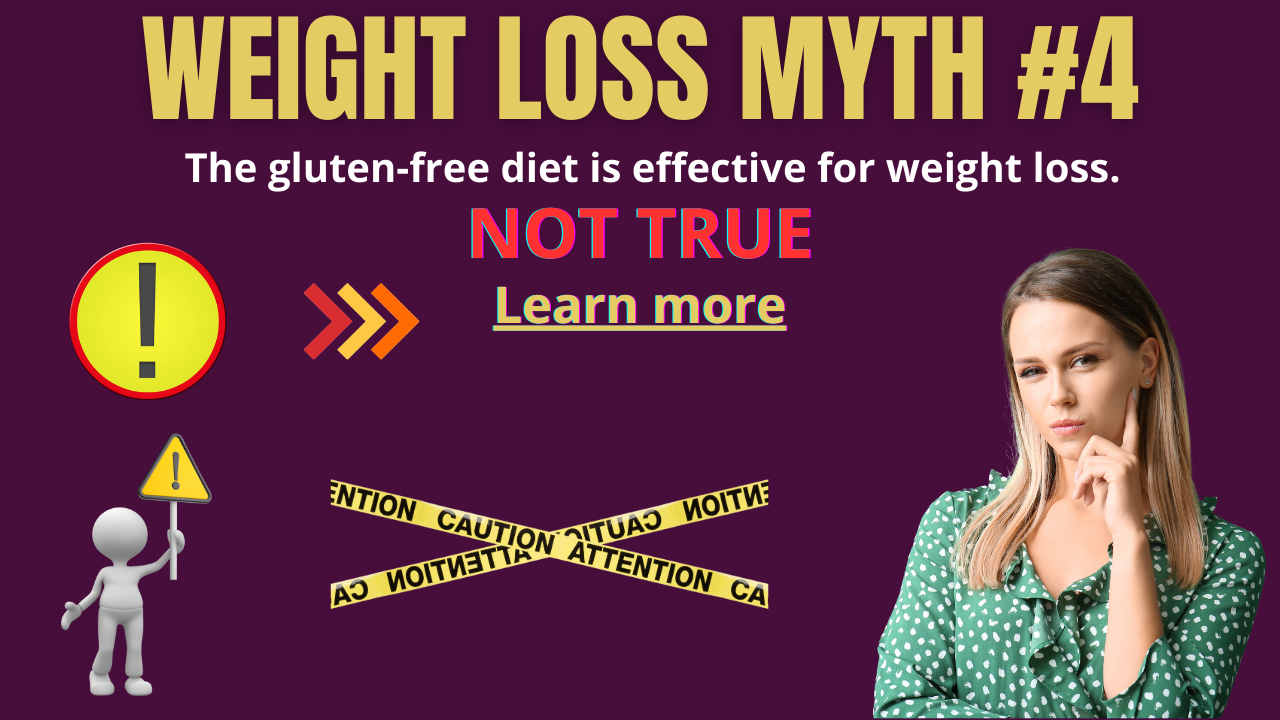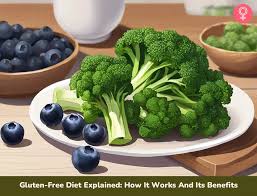

-
When it comes to weight loss or general health, there’s no scientific evidence suggesting that gluten is harmful to people who don’t have gluten sensitivity or celiac disease.
-
Despite this, some people report feeling better or even losing weight after starting a gluten-free diet. This initial improvement can often be attributed to other dietary changes that accompany the switch to gluten-free eating, such as reducing the intake of highly processed foods, sugary snacks, and refined carbohydrates, rather than the exclusion of gluten itself.
-
By focusing on naturally gluten-free foods like fruits, vegetables, lean proteins, and whole grains like rice and quinoa, people may inadvertently end up eating a healthier and more balanced diet.

-
However, gluten-free products themselves aren’t necessarily healthier. In fact, many commercially prepared gluten-free foods—such as gluten-free bread, pasta, and baked goods—are highly processed and may lack important nutrients found in whole grains, like fiber, iron, B vitamins, and magnesium.
-
Fiber, in particular, is vital for digestive health, weight management, and maintaining steady blood sugar levels. By cutting out gluten, individuals might miss out on the fiber and other nutrients that whole grains like wheat, barley, and rye provide.
-
If someone without a gluten-related condition decides to follow a gluten-free diet, it’s essential to plan carefully to ensure they get all the necessary nutrients. This may involve choosing nutrient-dense, gluten-free whole foods and sometimes incorporating supplements or fortified foods.